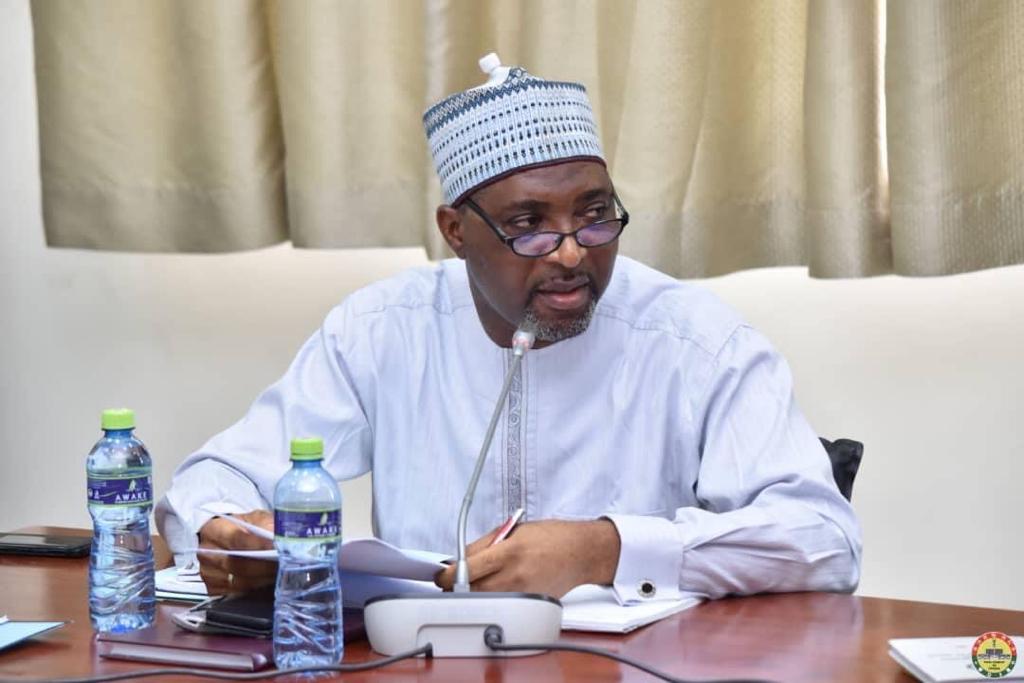EOCO UNVEILS FRAUD PREVENTION STRATEGY
In response to the escalating challenge of financial crimes in the public sector, COP Maame Yaa Tiwaa Addo-Danquah (Mrs.), the Executive Director of the Economic and Organised Crime Office (EOCO), has offered crucial perspectives on the increasing prevalence of fraud and the plans being implemented to combat it.
With Ghana’s fight against corruption escalating, Mrs. Addo-Danquah highlighted the essential function of forensic tools in both uncovering fraud and averting its harmful effects on public institutions.
In her address at the Second Annual Conference of Association of Certified Fraud Examiners, Ghana Chapter, she did not shy away from highlighting the complexity of the current financial landscape.
The statistics are alarming—fraud is on the rise, and public sector institutions are not immune. “Fraud detection and prevention are no longer just about catching culprits; they are about building a system that proactively minimizes risk,” she said.
She believes that the efforts of EOCO and similar oversight entities are not merely reactive; instead, they constitute a broader strategy aimed at preserving the nation’s resources and ensuring public confidence.
Mrs. Addo-Danquah explained that combating fraud within the public sector requires a multi-layered approach. “It’s about more than just identifying fraudulent activities; it’s about creating systems that prevent them in the first place. When we protect assets, resources, and the integrity of our institutions, we’re not just preventing losses, but securing a more transparent and accountable system,” she remarked.
A major takeaway from the seminar was the significance of strong internal controls. The Executive Director highlighted the necessity for public sector organizations to regularly evaluate risks and refresh their protocols to prevent potential fraud effectively.
“We need to regularly review and improve our internal controls. This includes everything from software and hardware security to safeguarding against cybersecurity threats,” she explained. Forensic tools, she added, are integral in these efforts, as they offer real-time, in-depth analysis of transactions and financial records.
Employee attentiveness and awareness are also vital in addressing fraud. Mrs. Addo-Danquah emphasized the necessity of training staff to recognize the warning signs of fraud and to report any suspicious actions.
“We must equip employees with the knowledge and tools to not only spot fraud but also understand the importance of compliance and ethical behavior,” she said.
NKONKONSA.com






